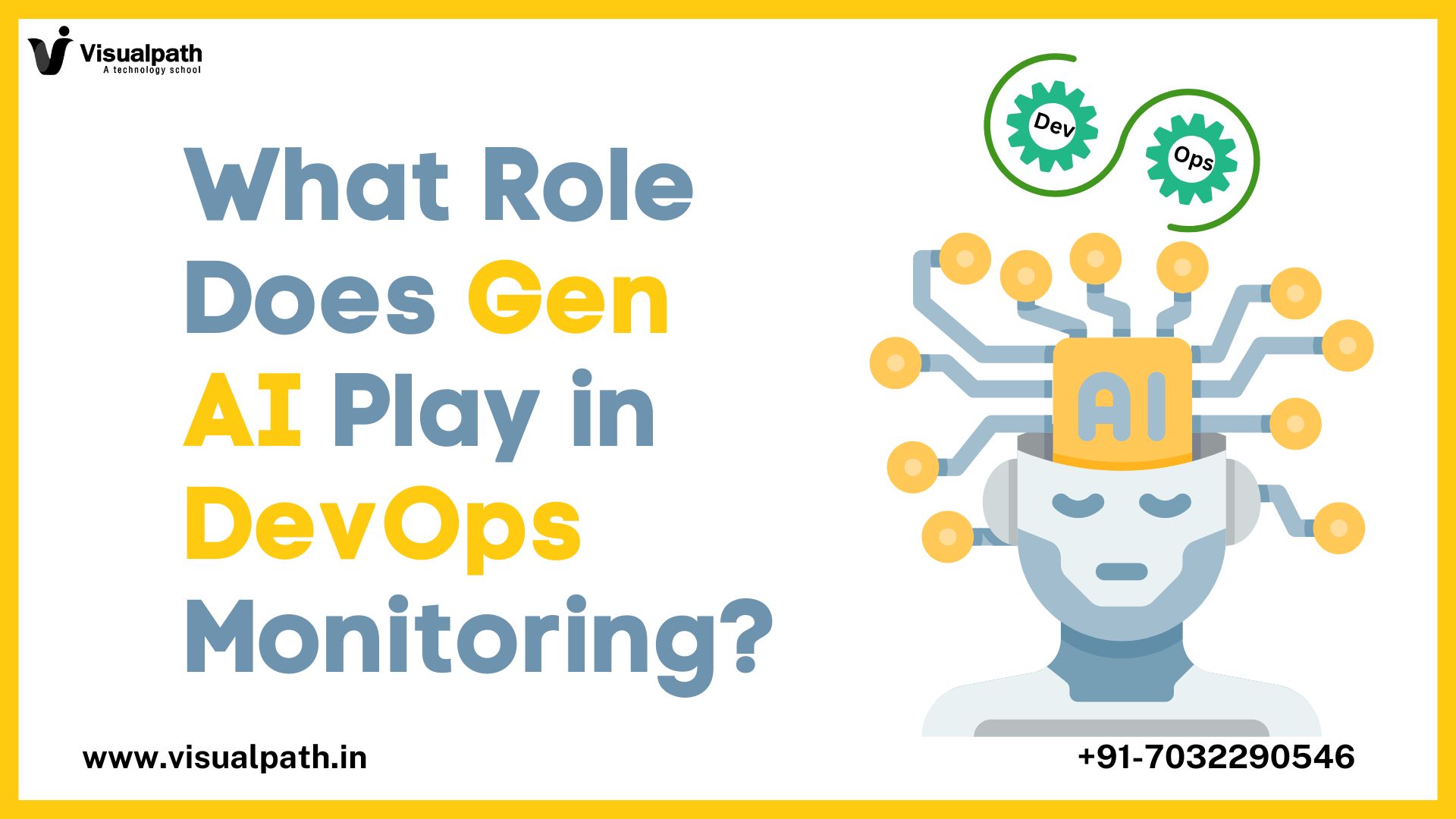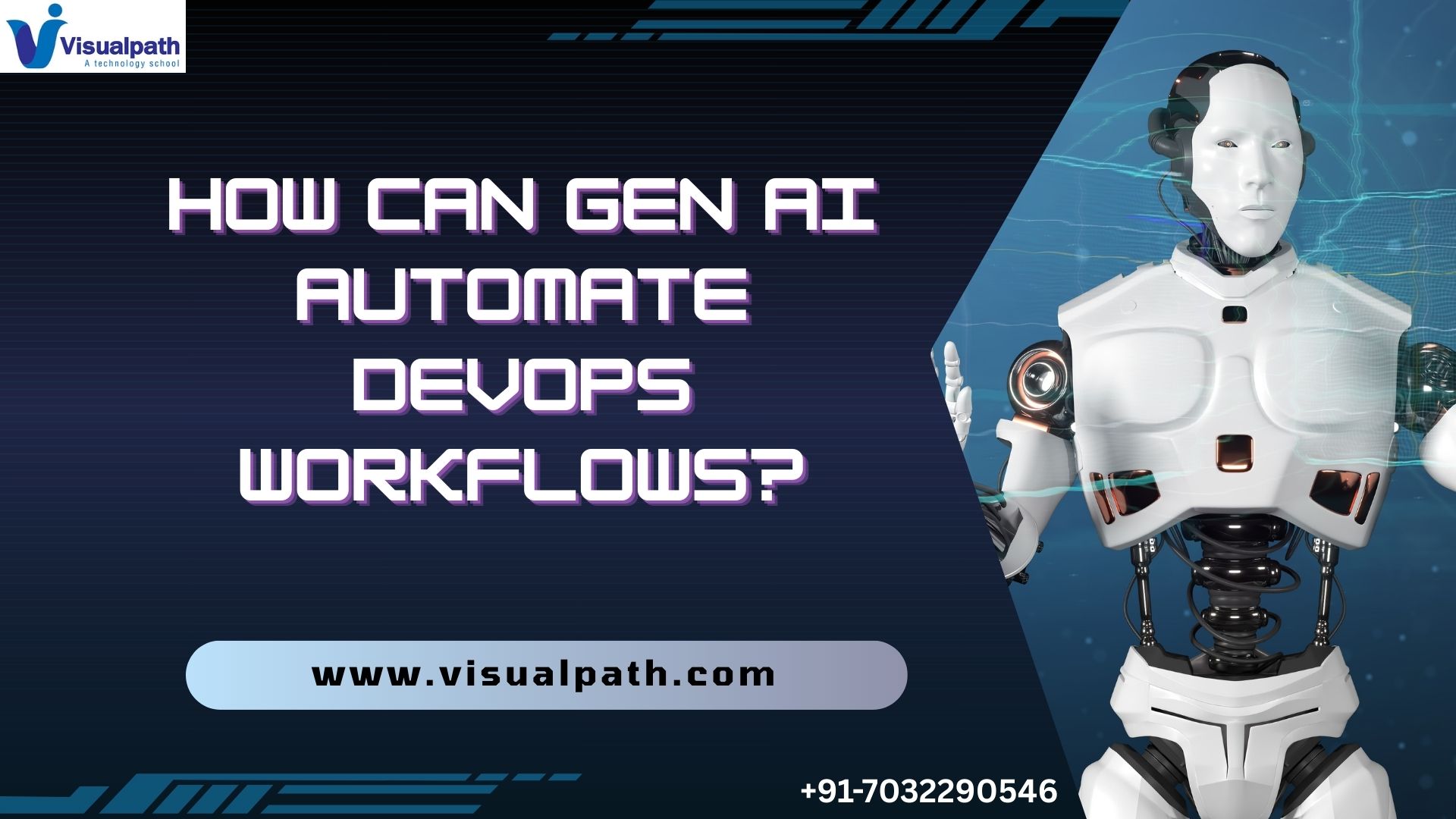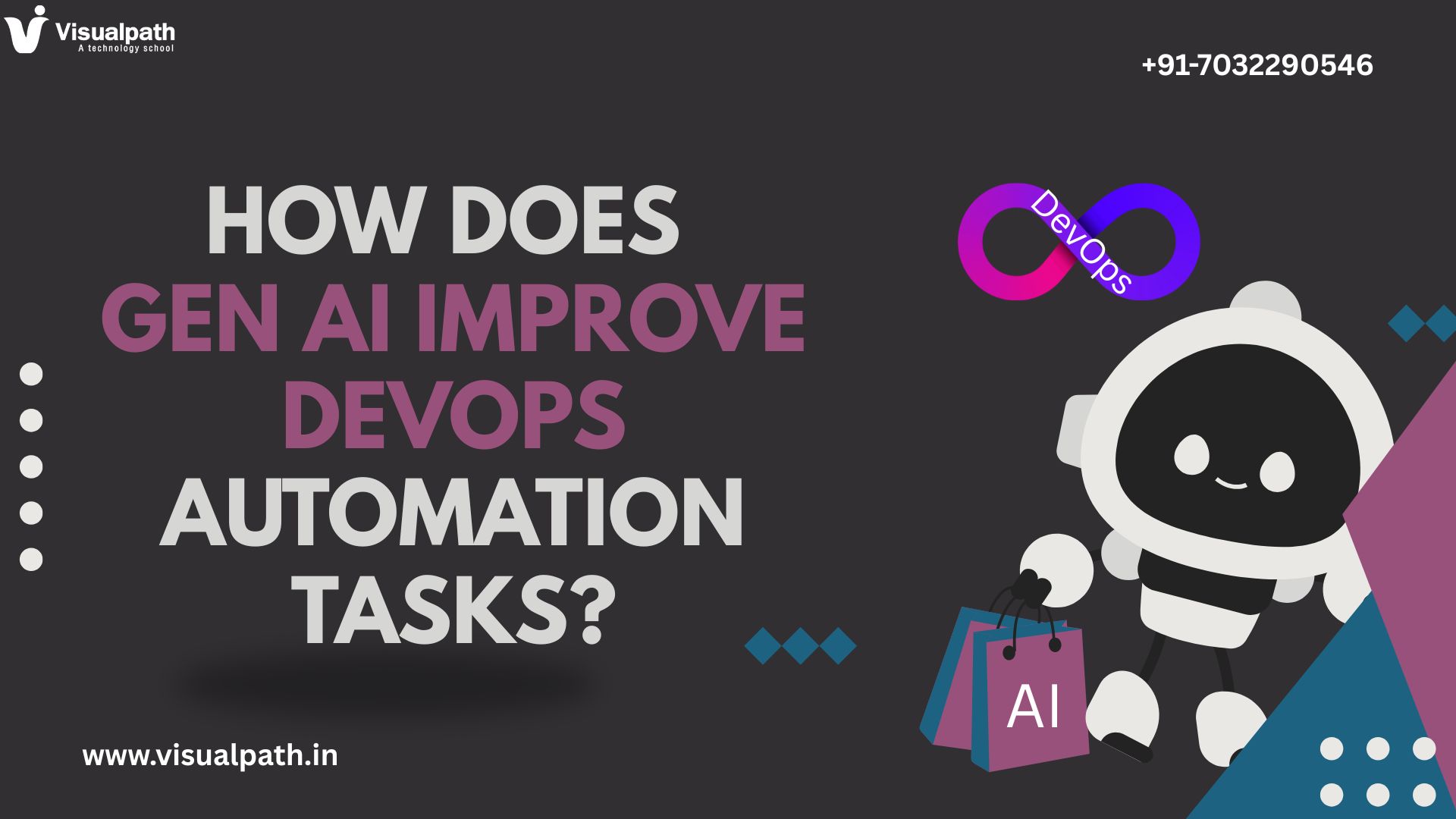Generative AI (Gen AI) and DevOps is transforming how organizations monitor and manage their applications and infrastructure. While traditional DevOps monitoring has focused on data collection, alerting, and visualization, Gen AI introduces intelligent, predictive, and automated capabilities that significantly enhance the DevOps lifecycle. This article explores the role Gen AI plays in DevOps monitoring, its benefits, and potential challenges.
Understanding Gen AI in the DevOps Context
Generative AI refers to a class of AI models, such as large language models (LLMs) and generative adversarial networks (GANs), that can create content, make predictions, and generate human-like responses. , Gen AI can analyze massive volumes of monitoring data, recognize patterns, generate insights, and even take proactive actions without human intervention.
Unlike traditional rule-based systems, Gen AI adapts over time, continuously learning from new data and improving its understanding of normal versus anomalous behavior in complex systems.
Key Contributions of Gen AI to DevOps Monitoring
- Anomaly Detection and Root Cause Analysis
One of the most time-consuming tasks in DevOps is identifying and diagnosing system anomalies. Gen AI can automatically detect deviations from normal patterns using historical data and contextual understanding. When an anomaly is detected, Gen AI can assist in root cause analysis by correlating logs, metrics, and traces from different services to provide a detailed explanation or hypothesis. Generative AI For DevOps Online Training - Predictive Analytics and Incident Prevention
Gen AI enhances proactive monitoring by forecasting potential system failures or performance degradations before they occur. For example, based on historical trends and system behavior, it can predict when a server might exceed CPU usage thresholds or when a service might crash, allowing teams to take preventive action. - Automated Alert Prioritization and Noise Reduction
Traditional monitoring tools often generate alert fatigue due to numerous non-critical notifications. Gen AI helps filter, prioritize, and contextualize alerts. By analyzing patterns and past responses, it distinguishes between alerts that require immediate attention and those that can be deferred or ignored. - Intelligent Incident Response
When incidents occur, Gen AI can serve as a virtual assistant by suggesting remediation steps, auto-generating incident reports, or even executing predefined scripts. Integration with IT service management (ITSM) platforms allows AI to initiate tickets, communicate with stakeholders, and update status reports in real-time. Gen AI For DevOps Training - Natural Language Interfaces for Observability Tools
Gen AI enables conversational interfaces for interacting with observability platforms. engineers can ask questions like “What caused the spike in response time yesterday?” or “Show me the top memory-consuming services,” and receive clear, concise answers. This reduces reliance on complex queries or dashboards. - Continuous Learning and System Optimization
Over time, Gen AI systems learn from system behavior, human decisions, and business impact. This learning enables them to provide better recommendations and gradually optimize system configurations, deployment strategies, and resource allocations.
Benefits of Gen AI in DevOps Monitoring
- Improved MTTR (Mean Time to Resolution): By rapidly identifying issues and recommending fixes, Gen AI significantly shortens the time to resolve incidents. Gen AI For DevOps Course Online
- Enhanced Collaboration: Gen AI bridges gaps between teams by generating shared insights, summaries, and reports that are easily understandable.
- Scalability: As systems grow more complex, Gen AI can scale monitoring capabilities without proportional increases in manpower.
Challenges and Considerations
While Gen AI offers significant advantages, it also comes with challenges:
- Data Quality and Bias: Poor-quality data or biased training sets can lead to inaccurate predictions or misleading insights.
- Trust and Interpretability: Black-box AI models can be difficult to understand, making it hard for teams to fully trust automated decisions.
- Security and Privacy: Monitoring tools often access sensitive data. Ensuring AI systems handle this data responsibly is crucial.
- Integration Complexity: Deploying Gen AI within existing DevOps pipelines and toolchains can require significant customization and maintenance.
Conclusion
Generative AI is reshaping the landscape of DevOps monitoring by enabling smarter, faster, and more autonomous systems. It complements traditional monitoring techniques with predictive insights, intelligent automation, and natural language understanding. As the technology matures, organizations that embrace Gen AI in their will gain a significant edge in reliability, efficiency, and innovation.
Trending Courses: Salesforce Marketing Cloud, Cyber Security, GCP Data Engineering




